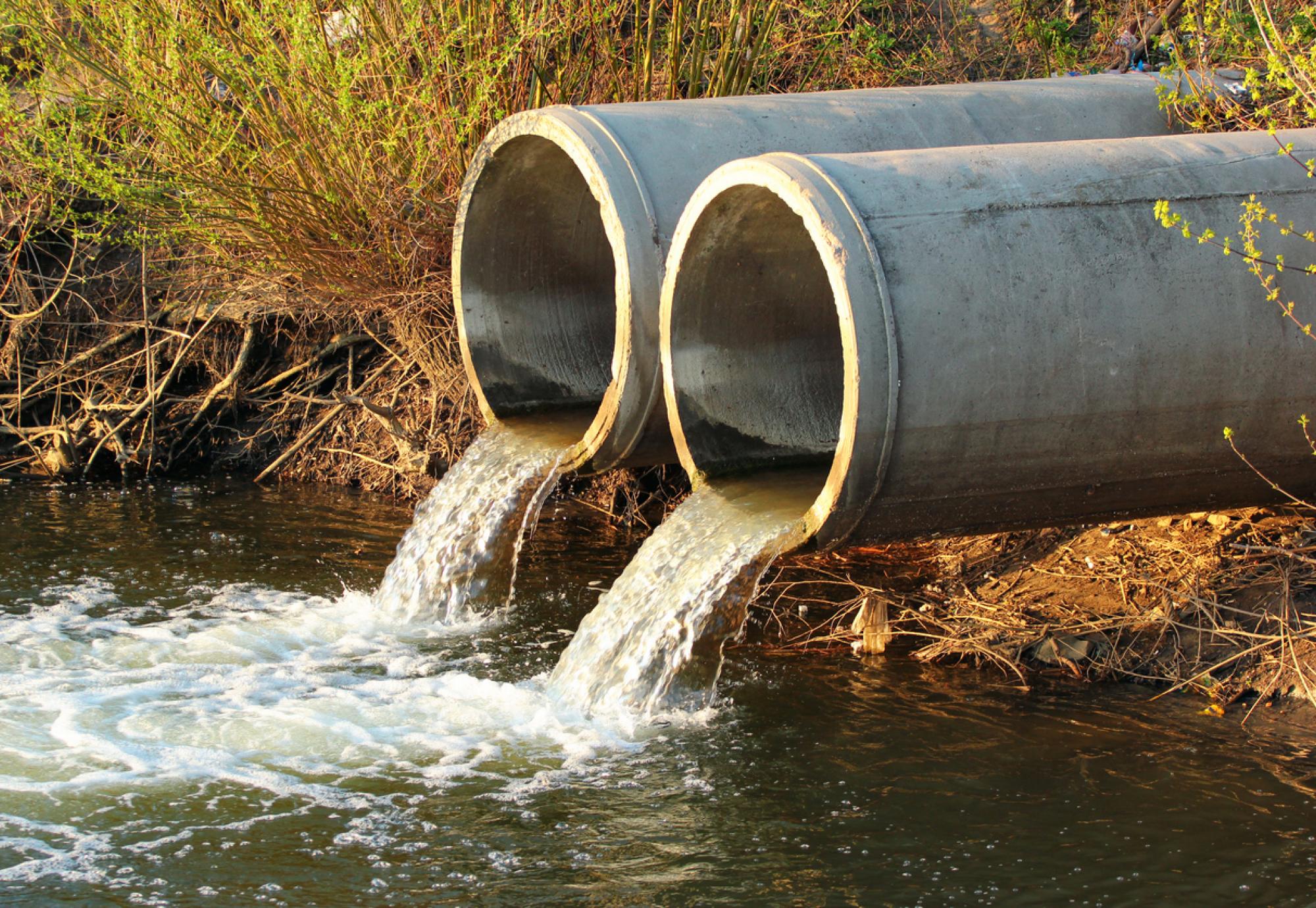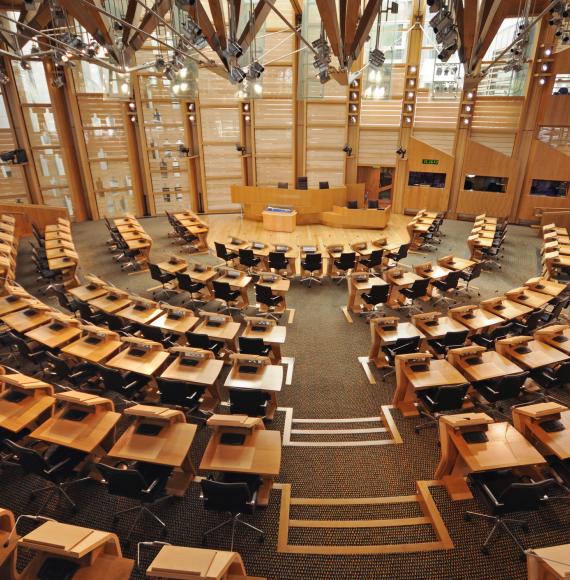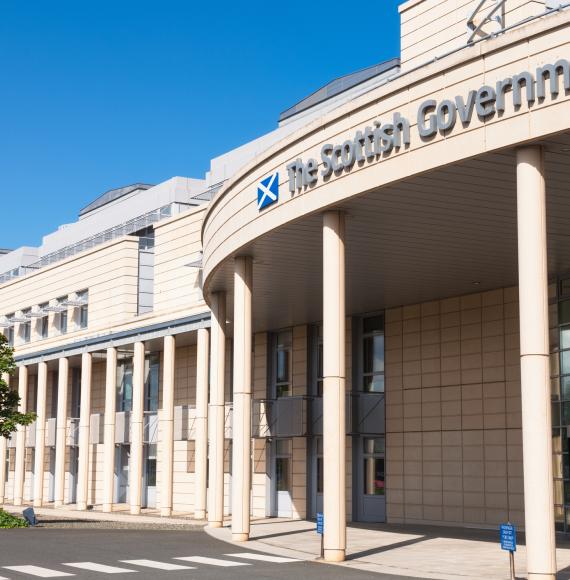The Local Government Association has warned that action is needed to address pollution concerns, with thousands of new homes waiting to be built and sitting in limbo.
A new report from the LGA has warned the government that urgent action is needed to help with the construction of 20,000 homes that are currently being left in limbo due to river pollution and low water levels. With pollution caused by agriculture and water companies running into rivers, some of the planned housebuilding has been unable to go ahead furthering complications as housing demand continues to rapidly rise.
Creation of new wetlands is one of the ways that there are plans to offset the issues, the LGA has stated that these can be expensive, time consuming and at risk of using up too much land. The government could, however, increase the pace of housebuilding by making funding available for affected areas to invest in solutions that are locally available. Examples of these could be improving the water efficiency of homes, targeted agricultural upgrades and the upgrading off wastewater treatment works.
Councillor David Renard, the LGA’s Environment Spokesperson, said:
“Thousands of new homes are on hold due to complex river pollution and water level concerns, leaving councils in limbo on how to meet increasing demand or urgent accommodation.
“We need to find short-term local ways to address this pollution and water availability before longer-term solutions are found to stop the pollution at the source so the land can be built on. This will help address the housing crisis, with more than 1.2 million households on waiting lists I desperate need of somewhere to stay.
“Councils want to work together with government, agencies, developers and the agricultural sector to find ways to kickstart building homes, while doing everything possible to reduce pollution at source, maintain safe water levels and avoid other areas getting caught up in this environmental bind.”
Alongside the call for funding to go assist with the construction of homes, councils have also called on the government to produce a long-term action plan that protects rivers through the reduction of pollution at source.



















